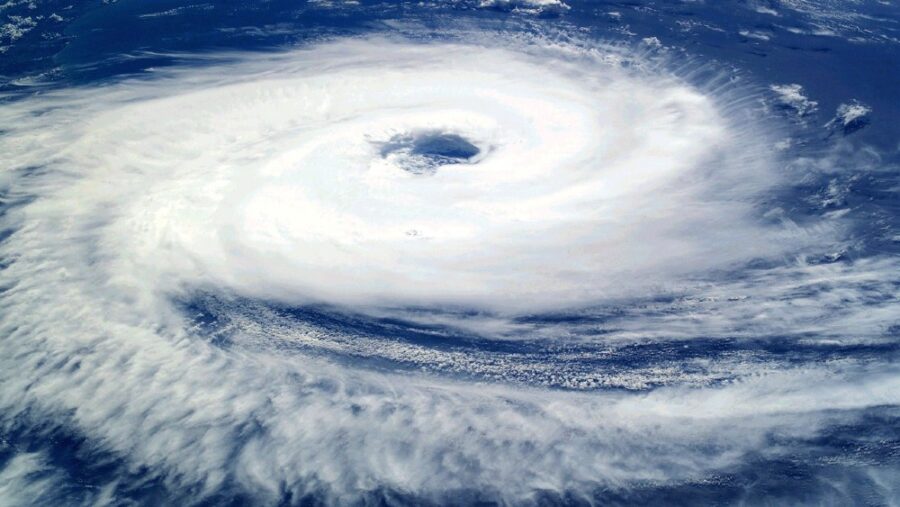2023 Terrified Scientists And Things Look Worse

For climate scientists 2023 seemed an exceptionally alarming period in climate history. 2023 spread shockwaves rippling through the climate science community and beyond. It may preface what climate activists believe could be even more severe changes: a veritable acceleration in climate change deeply worrying climatologists.
Indeed, while climate scientists anticipated 2023 would involve new heat records, they were unprepared for the worrisome juncture the global climate crisis reached. The globe underwent a series of historic and devastating weather events, including droughts, floods, storms, and wildfires–many of which proved catastrophic. While it’s not clear if these were necessarily outside the normal level of expected weather-related disasters, scientists making their living in spreading climate information are concerned.
The climate developments in 2023 imply an additional and more potent force at play—one defying the current scientific consensus.
One of NASA’s foremost climate scientists, Gavin Schmidt, did not mince words when describing how the onslaught of singular climate events in 2023 impacted him; he found himself “frankly astonished.”
Why?
While some sources dispute the data and its interpretation, most climate scientists and activists believe 2023 broke all the preceding records by an enormous, even disturbing, margin.
Few climate scientists dispute that global warming is a major factor motivating these long-term trends. However, though most can confidently point to the most significant source, they continue to grapple with its reality. Moreover, the climate developments in 2023 imply an additional and more potent force at play—one defying the current scientific consensus.
Theories about the source of accelerating climate change range noticeably, from blaming aerosol’s influence to the infamous El Niño phenomena—even large-scale shifts in the Antarctic or North Atlantic and energy imbalances pervading Earth. If anything, climate scientists’ urgent speculations emphasize a vital need to identify whatever critical factors are amiss. Doing so is of dire importance to the scientific community (and the world).
In the meantime, we can all be forgiven for wondering if climate extremes are the new normal: a new normal appearing increasingly hot. For example, every day in 2023 exceeded one °C above pre-industrial levels, edging perilously close to the 1.5 °C threshold specified by the Paris Climate Agreement and marking a first in recorded history.
Unfortunately, this unprecedented surge in temperatures represents a significant deviation from prior and existing climate predictions. According to climate scientists, one of the most notable symbols of the warming climate is the Antarctic sea ice, which reached its lowest level in 45 years.
In addition to astounding scientists, this development raises serious concerns about a potential feedback loop resulting in more and more ice sheet destabilization.
But scientists remain undaunted. Like Marvel superheroes, they endeavor to understand the 2023 climate anomaly and thus explore various potential contributors. In addition to the aerosol emissions cited above, experts are investigating volcanic activity and the solar cycle as climate change accelerants.
The interplay of these factors, however, is nothing if not complex. As climate scientists lay them bare, they underscore the delicate, intricate nature of Earth’s climate system alongside the challenges inherent to predicting its future course.
All of which ensures an uncertain road ahead.
A central question urging answers: does 2023 ultimately embody an outlier, an anomaly, or the onset of a new and more alarming trend in climate change?
Unfortunately, to hear Earth scientist Robert Rohde from Berkeley University tell it, the Earth may be teetering on the brink of regularly surpassing the 1.5 °C temperature increase, particularly with greenhouse gas emissions routinely reaching record highs.
At the end of the day, as any gainfully employed climate scientist will tell you, accelerated climate change demands accelerated action and adaptation strategies to cope. As long as we keep paying them, they’ll keep sounding the alarm and, hopefully, coming up with solutions.












